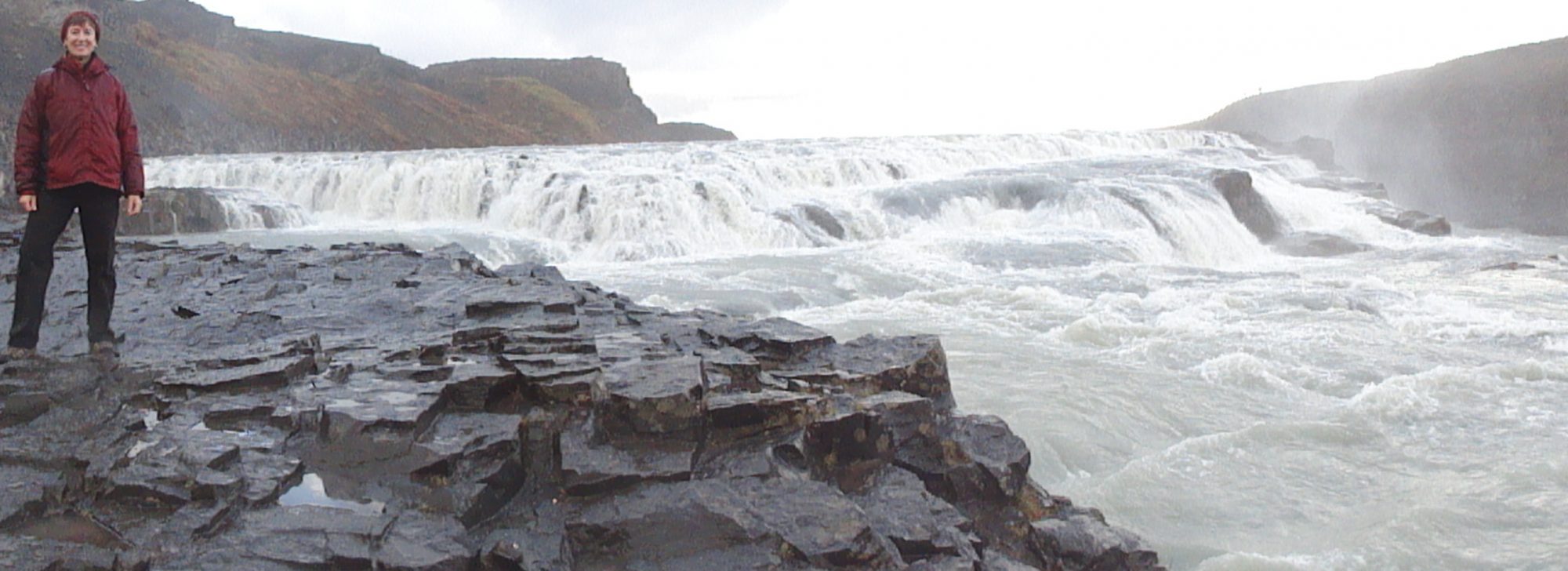Research in the Sciences and Humanities Course Overview
The goal of this course is to continue to build competent reading, researching, writing and presenting skills. It is demanding in two main ways:
1. I expect you to work independently on long-term projects, and
2. The material you use, the skills you develop, and the products you produce should be of an advanced level and a high quality.
That said, you also have the advantages of choices in topics, loads of in-class work time, a small class size, and lots of teacher contact, so please come to me for help whenever you encounter problems or have questions. You are not expected to do this hard work alone or unaided! It’s going to be a team effort!
A brief overview of the year:
1st Quarter focuses on research skills and strategies: how to find, evaluate, and use resources. You will create a research handbook for yourself that you can use for the rest of the year. You will also complete a fairly short research paper and present your research and results to the class. There are several short assignments that contribute to your research and to the creation of your research handbook, but the big grades are the handbook, research paper, and presentation.
2nd and 3rd quarter, you will use and build on the research skills you recorded in your handbook during 1st quarter as we compete in the National History Day competition. For this competition, you will do research that culminates in a performance, documentary, website or exhibit based on the theme provided by the National History Day organization. You will be able to choose to work individually or as part of a team of up to three people for this one. In February, we will take our completed projects to Madison and enter them in the regional competition. In the past, Heights has had as many as five projects qualify for the state competition, and we have had two entries qualify for the national competition in Washington DC! I think all past participants would agree that they had fun, despite any nervousness.
For the remainder of 3rd quarter and all of 4th quarter, you will have other options, including additional research, debates, documentaries, personal essays, short stories, exhibits, and/or action plans to put your research to work. Some action plans that have been completed in the past resulted in raising money for AIDs orphans in Africa, collecting books for young children and teaching the community about the importance of literacy, teaching about the dangers of smoking or about obesity at a health fair at WHHS, and raising money for microloans to entrepreneurs in developing nations. It is a chance for you to have a real effect on the world! As second quarter ends, you’ll get more information about all these options.
